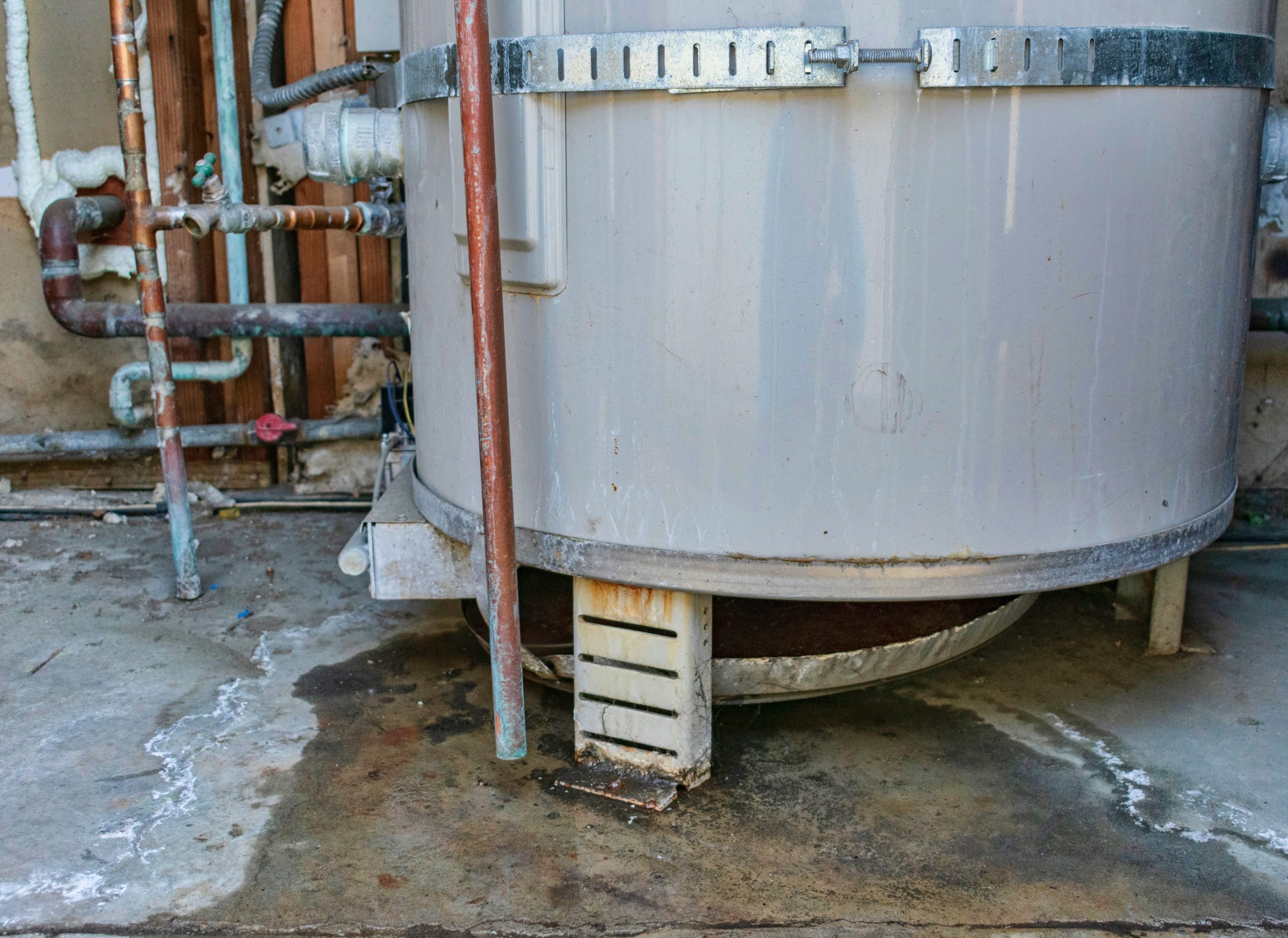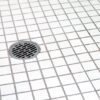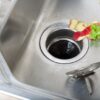Category: Water Heaters

Signs That You Need to Replace Your Water Heater
After a long and tiring day of working or doing anything productive, nothing is better than taking a nice, hot shower or bath to relax. Unfortunately, there could be a moment when your water heater doesn’t operate as it should, interrupting your relaxation. As a homeowner, do you know what to look for that might indicate you need a new water heater? Continue reading our blog to learn the signs that you need to replace your water heater.
Frequent Repairs
If you are constantly having to call a technician to come and repair your water heater, then it is probably time to get a replacement. Frequent repairs are a clear indication that something is wrong with your current water heater, and the total of those costly repairs will begin to add up over time.
Cold Water
Taking a cold shower or bath is not the most ideal situation, but it is a sign that your water heater isn’t working properly. If you are able to take a hot shower one night, but the next day your water is not getting hot or even warm, that could indicate that your tank’s heating element has burned out.
Older Than 15 years
The average residential water heater lasts around 10 to 15 years. If the one in your home is older, it is likely time for a replacement. If you live in an older home and you’re having issues with your water heater, consider having a licensed plumber examine it to help determine the age and condition.
Pooling Water
Located behind the exterior case of your water heater is a steel tank surrounded by insulation. If there is standing water around the base, that means there’s a possible leak. If you notice pooling water, you should get a new water heater as soon as possible, as the leak can cause serious water damage to your home.
Rusty Water
Rusty water stains on bathroom sinks and in the toilet are often caused by rusty water heater tanks. The rust can also cause corrosion in your pipes, leading to water leaks. Replacing your rusted water heater tank can improve the overall quality of water in your home.
Contact Robillard Plumbing
These are some signs that you need to replace your water heater, but there could be other indications as well. At Robillard Plumbing, we provide reliable residential plumbing services in the Northwest metro area. Whether you need repairs, plumbing maintenance, or installation services, we’re 100 percent committed to getting the job done. Contact us today for our plumbing services!
Read More
Summer Plumbing Preparation Tips
Warmer weather and longer days are finally upon us here in Minnesota. As we make the official transition to summer, it’s important to make sure our plumbing is as ready for the season as we are. Use these summer plumbing preparation tips to help protect your home from major problems down the road.
Summer Plumbing Preparation Checklist
- Test outdoor faucets and hose bibs (spigots). If any of them drip or you notice leakage inside the home the first time the hose is turned on, there may be a pipe that froze in the winter, cracked when it thawed, and needs to be replaced.
- Clear debris from yard drains and gutters/downspouts. Pine needles, leaves, and other debris can build up in these systems over the long Minnesota winters. Be sure rain and wastewater can flow freely away from the house to prevent leaks and backups that can cause water damage.
- Remove obstructions from sprinkler system. Clogged sprinkler heads can lead to increased water pressure and potentially burst the system’s water main. Clear any blockages now, and remember to check for dirt, grass clippings, and other obstructions throughout the season.
- Make sure your sump pump is clean and working properly. Dump a bucket of water into the sump pit to see that it activates, safely removes the water, and shuts off without issue. Make sure the line is clear of debris and consult the owner’s manual for cleaning. Contact your local plumber if you detect any issues to prevent potential flooding.
- Check toilets for damage and operation issues. Thoroughly inspect the bowl and tank for cracks/leaks that need to be fixed. Make sure toilets flush properly – if the handle needs to be held down for a thorough flush or frequently runs after flushing, you may need to replace worn tank parts. Make these inexpensive fixes now to prevent costly repairs or replacements later on.
- Inspect faucets for drips or leaks. They may seem small, but the extra (and unnecessary) water use will add onto your bill. Identifying these simple repairs early on can also help prevent more expensive issues in the future.
- Check exposed and exterior water pipes. Piping located in basements, below sinks, outdoors, and in your exterior walls are more susceptible to freezing in the winter. Make sure they’re free of cracks and leaks.
- Test your home’s water pressure. Make note of the water pressure when you take showers or use a sink. If it’s low, there could be a leak somewhere in your system that should be addressed by a plumbing professional.
- Schedule professional drain testing/cleaning. Clogged drains can lead to backups and other major issues, so plan ahead. We recommend homeowners have their drains tested and cleaned every two years, or sooner should they notice a problem.
- Pour a gallon of water into infrequently used drains (including floor). This will fill the trap and prevent odors from entering the home, and also let you see if the drains are slow and need to be snaked or cleaned to ensure proper draining in the event of a flood.
- Check your water heater. Make sure the temperature is no higher than 120 degrees to reduce energy use and prevent scalding water. Drain several gallons of water to flush harmful, corrosive sediment from the unit. If you notice any signs of corrosion or leaks (i.e. puddles on the floor, rust or soot by the control panel) and/or your unit is 15 years or older, consider replacing your water heater.
- Turn the main water valve off and on. Left untouched, the valve can become difficult to turn over time. Simply close and reopen the valve to prevent its parts from sticking in place in case you ever need to shut off the supply.
While it’s impossible to guarantee you will never face plumbing issues as a homeowner, being vigilant and understanding what to look for can greatly reduce the risks. Use these summer plumbing preparation tips to help keep your home safe while you and your family enjoy the season. From inspections and installations to emergency repairs and replacements, you can rely on the master plumbers at Robillard Plumbing for all your plumbing service and product needs. Contact us to learn more.
Read More


